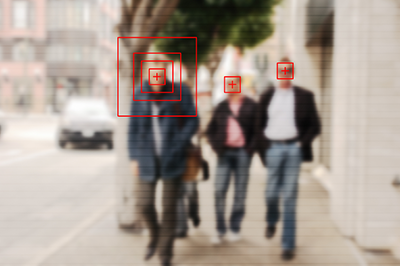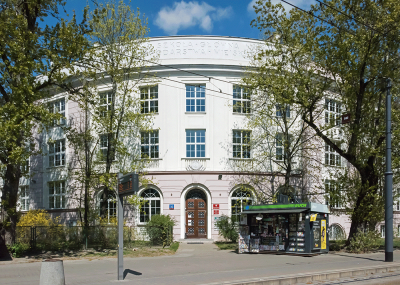The Supreme Administrative Court has allowed the Helsinki Foundation for Human Rights to intervene in a case concerning access to the source code of a program that randomly allocates trials to judges of common courts. The HFHR applied for the court’s leave to intervene in the proceedings in May 2020.
The proceedings in the case were brought by the association Citizens Network Watchdog Poland. In 2017, the association submitted a public information request to the Minister of Justice, demanding access to the source code of the Random Case Allocation System. The Minister denied the request, arguing that the code is not public information and as such cannot be disclosed. In response, the association filed a petition with the Provincial Administrative Court in Warsaw, seeking a declaration that the Minister had been grossly inactive, as well as an injunction ordering the Minister to make available the information covered by the public information request.
The PAC dismissed the petition in a judgment made in December 2018. In the statement of reasons appended to the judgment, the court held that the source code of computer software is not public information, because it does not contain any message about public affairs and provides only technical information, a tool on which the operation of the computer software is based. The court also noted that the source code is protected under the Copyright and Related Rights Act. Moreover, the court found that public disclosure of the source code could lead to attempts to unlawfully interfere with the allocation of cases to judges. In February 2019, the Association filed a cassation appeal against the judgment to the Supreme Administrative Court.
In its request for leave to intervene in the cassation proceedings, the HFHR highlighted that the case is important from a human rights perspective, and especially that of the right to a court and the right to public information.
“In recent years, many countries in the world have digitised large areas of public administration. This process brings many tangible benefits, allowing for greater efficiency in the operation of the state, but the use of modern technologies by the authorities, and especially by the judiciary, is not free of risks”, explains Dr Marcin Szwed, a lawyer working with the Strategic Litigation Programme of the Helsinki Foundation for Human Rights.
In its submission, the Foundation noted that there is a risk that important decisions on individual freedoms and rights are, in reality, taken not by a court, but by computer software. Such software, in theory, is impartial and objective, but in practice remains beyond any social control whatsoever. For this reason, international organisations and expert groups draw attention to the need to ensure the transparency of the rules of operation of software used by public authorities.
The Foundation argues that the PAC erred in its conclusion that information on the source code of the software used by the public administration is merely a “technical tool” as it ignores the actual impact of this type of software on the exercise of public authority. Moreover, the HFHR is concerned that such legal interpretation, if established, would be dangerous, as it would deprive citizens of access to information on the design of other software used by the authorities, including the courts. It is quite possible that in future, computer tools will be used even more extensively in direct decision-making on individual freedoms and rights.
“The design of the software used for the random designation of judicial panels is a public matter because it relates to the functioning of the judiciary and the exercise of an individual’s right to a court. After all, appropriate and transparent rules for determining the composition of judicial panels are necessary to ensure respect for the right of citizens to an impartial court”, concludes Dr Katarzyna Wiśniewska, Coordinator of the HFHR’s Strategic Litigation Programme.
Public disclosure of the source code of the case allocation software would enable members of the public to confirm that this tool effectively prevents tampering with the composition of judicial panels. Such a confirmation would be all the more important as the media have reported cases of system malfunctions. A failure to provide the information requested by Citizens Network Watchdog Poland can therefore be regarded as a breach of the Access to Public Information Act, Article 61 of the Constitution and Article 10 of the European Convention on Human Rights. For the above reasons, the Helsinki Foundation for Human Rights fully endorsed the cassation appeal brought by the association.


